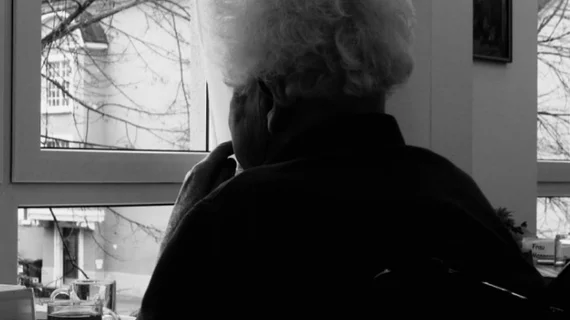AI-MRI combo predicts dementia with 94% accuracy in patients with memory loss
New research combines artificial intelligence with MRI scans of the brain to predict later dementia in patients with memory loss. The results, published in Frontiers in Aging Neuroscience, show the technique is up to 94% accurate.
Though experts have gained an abundance of knowledge pertaining to Alzheimer’s disease (AD), its clinical progression is still fairly elusive and varies greatly from patient to patient. Understanding how the disease advances could enable clinicians to deploy early interventions and potentially delay the progression of the potentially devastating diagnosis.
That’s exactly what researchers sought to accomplish by applying AI capabilities to the brain MRIs of patients diagnosed with amnestic mild cognitive impairment (aMCI), which is a condition that affects memory. Patients with aMCI forget simple things that they might have previously easily recalled, like appointment dates or where they keep their keys and purse.
“Acquisition of the combined structural-functional neural regions important for conversion to AD would provide the opportunity for early neurotherapeutic interventions in high-risk aMCI patients,” Joseph M. Gullett, with the Department of Clinical and Health Psychology at the University of Florida, and co-authors explained.
The study included 55 participants, all of whom had been diagnosed with aMCI. On follow-up after initial diagnosis, patients were divided by stable/improved (41) and “declined to dementia” (14). T1 structural MRI was combined with resting state fMRI (rsfMRI), and a support vector machine (SVM) algorithm was applied to the scans.
T1 alone accurately predicted diagnostic changes with 92.7% accuracy while that number was lower for rsfMRI at 83.5%. Combining both MRI scans with the applied algorithm boosted those numbers up to 94.5%. The greatest changes were noted in the medial temporal regions of the lymbic system.
“This finding has considerable clinical significance as it demonstrates the ability of easily obtained objective biomarkers to provide accurate and precise predictions about which high-risk aMCI patients will go on to develop dementia or potential Alzheimer’s disease,” the authors explained.
The results are promising but the research doesn’t stop here, the experts hypothesize.
“If further validated, this technique has the potential to contribute to the identification of individuals with aMCI who are at high risk of progression to dementia, and thus could be prioritized for studies targeting disease modification.”
You can read the detailed results in Frontiers in Aging Neuroscience.

